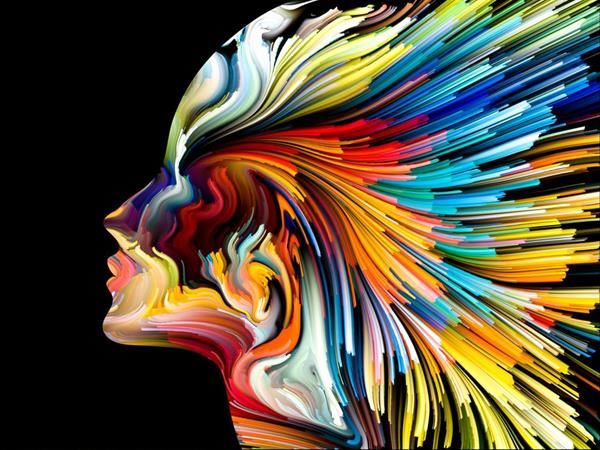Track
Design Across Cultures
In this track we design new ways to create meaningful connections between multiple stakeholders to co-create insights, ideas and solutions for the United Nations Sustainable Development Goals. The key question: how can you design for collaboration across contexts, cultures and nations, sustainably, without having to be physically travel across the globe?
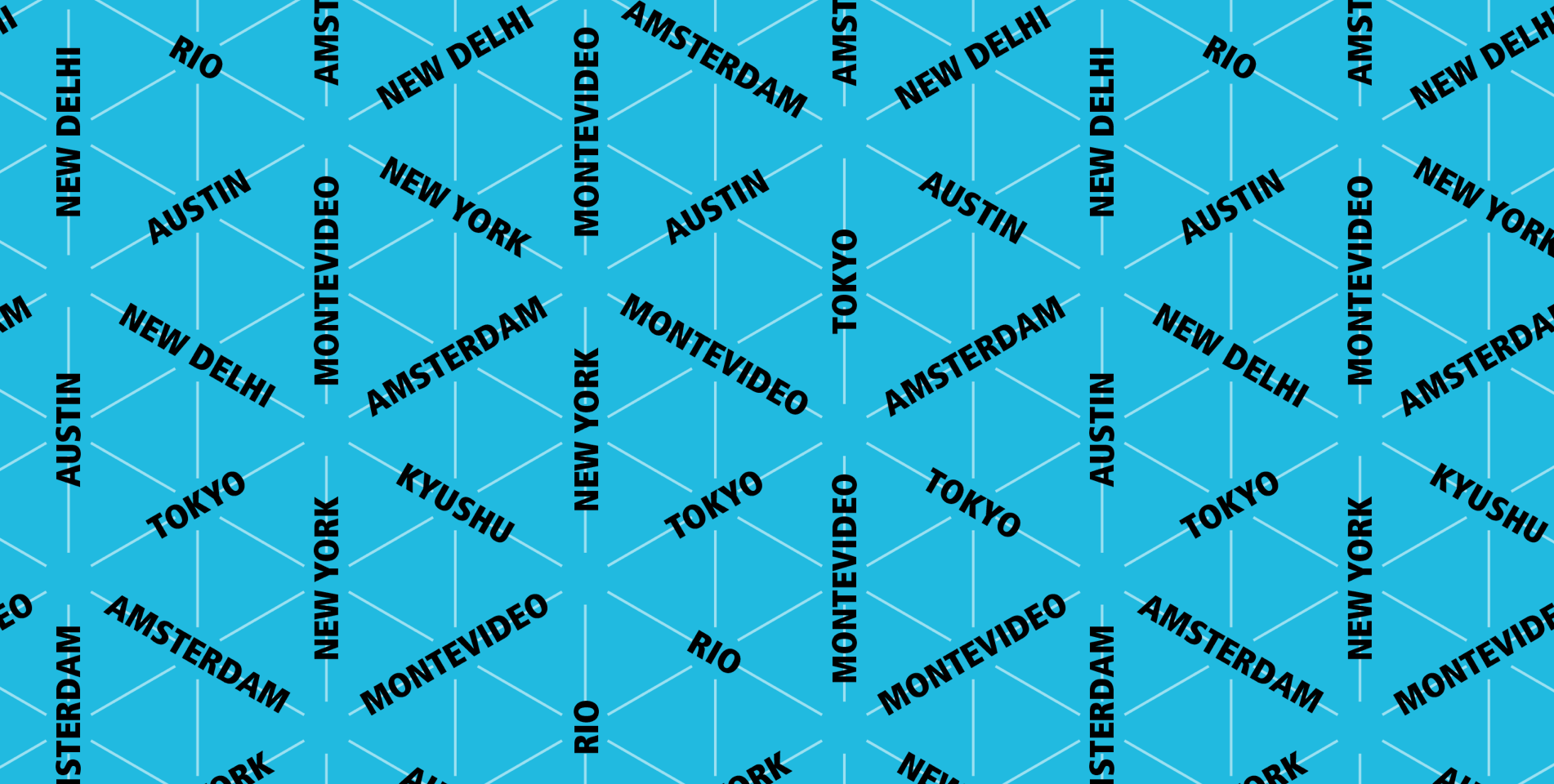
Track Team
Current projects Challenges we are solving now
What do we work on?
The big challenges of today, such as climate change, energy transition or migration, cut across national borders. Tackling these challenges requires unprecedented degrees of creativity. Governments, business (and other private sector actors), individual citizen, civil society and/or UN societal organizations have to collaborate continuously to create improve, alter or produce better or more effective sustainable solutions.
Even though cross-border collaboration offers ways to learn from local ideas and solutions developed across contexts and cultures, such interactions do not always result in commonly accepted solutions. When people are confronted in daily practice with others who think and act differently, finding a common way forward can be very challenging, in some cases even leading to impasse, and even to tension, conflict and polarisation among participants. In our complex and interconnected global society, the capacity to engage in constructive conversations in which creative, collective intelligence can develop is as a result becoming increasingly relevant.
In this track, we want to design productive online-offline dialogues between real-life people and communities, aimed at enhancing conversations for organizations for which collaboration is key to working on the SDGs. We create proof of concepts, prototypes and do applied research for designing dialogue at distance (geographically or culturally). We harness the power of cultural differences and similarities in design teams that tackle local challenges – either by working simultaneously, handing over work across borders, or design for continuous improvements on a global scale. In addition, we activate and train organizations to collaborate and hold dialogues on the SDGs in more constructive ways.
Join our 20-week Traineeship
Joining the Digital Society School will open up a world of opportunities. You’ll be part of a vibrant interdisciplinary group during a semester and have unique access to a network of experts in the field.
Previous projects Challenges we have already worked on
-
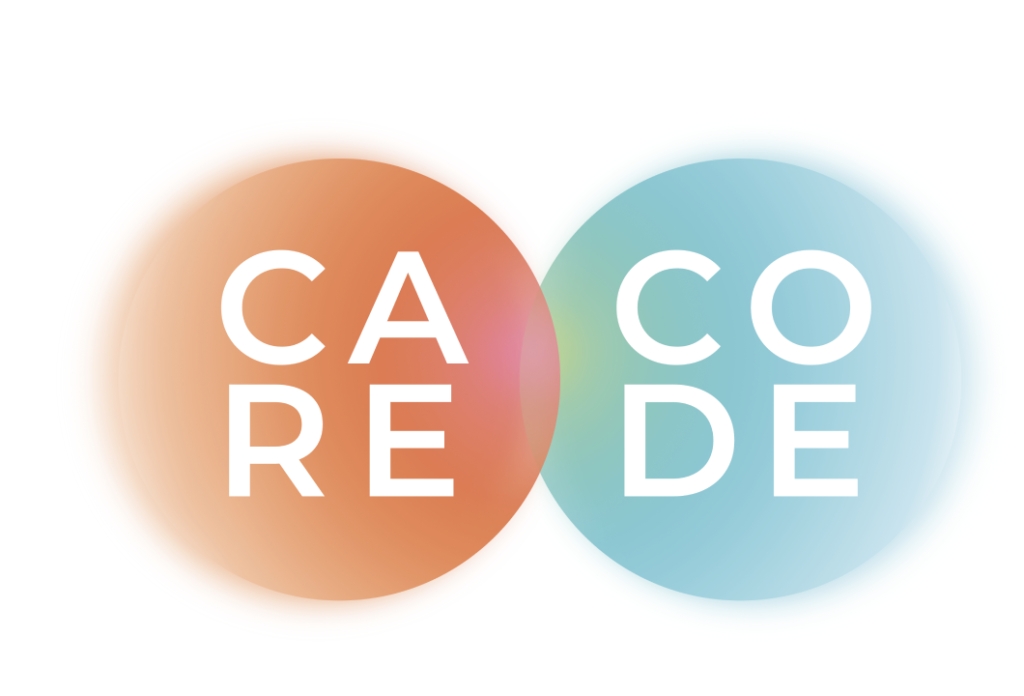
Project
Care Code: Designing for Culturally Inclusive Mental Health
-
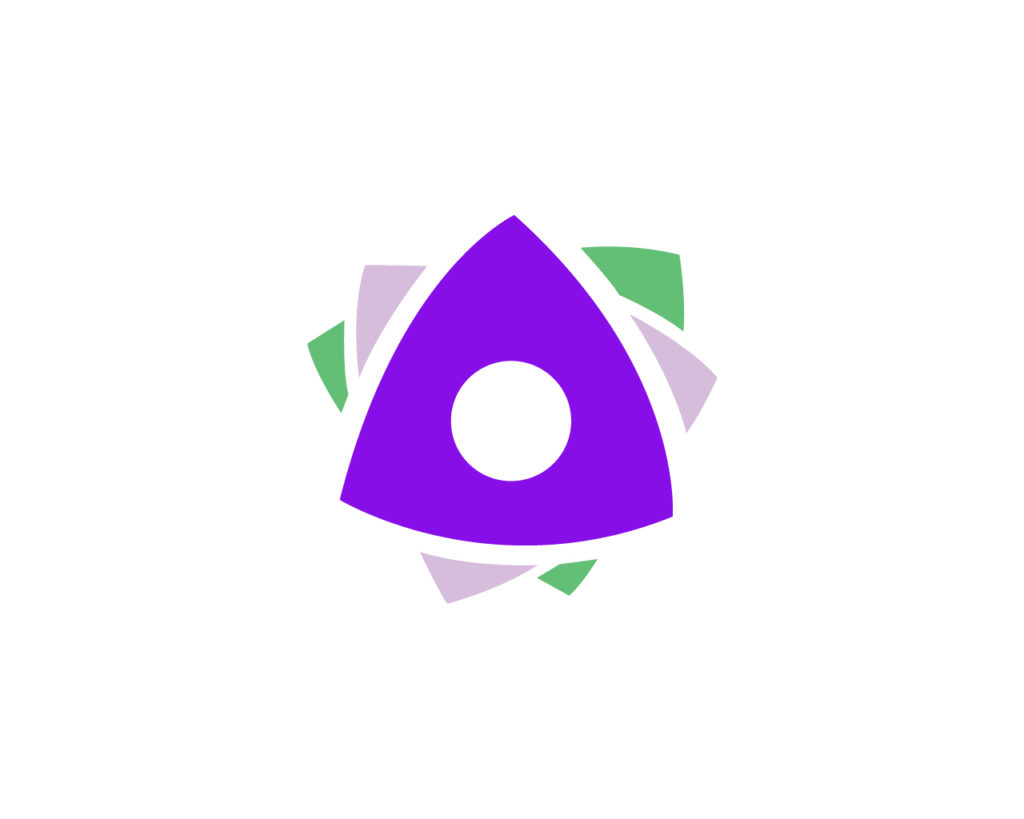
Project
Jeroen Pit Huis
-
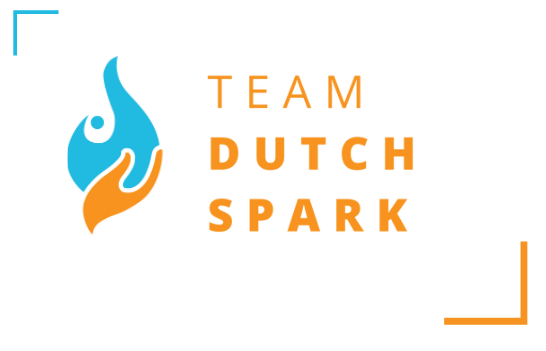
Project
Dutch Spark
-
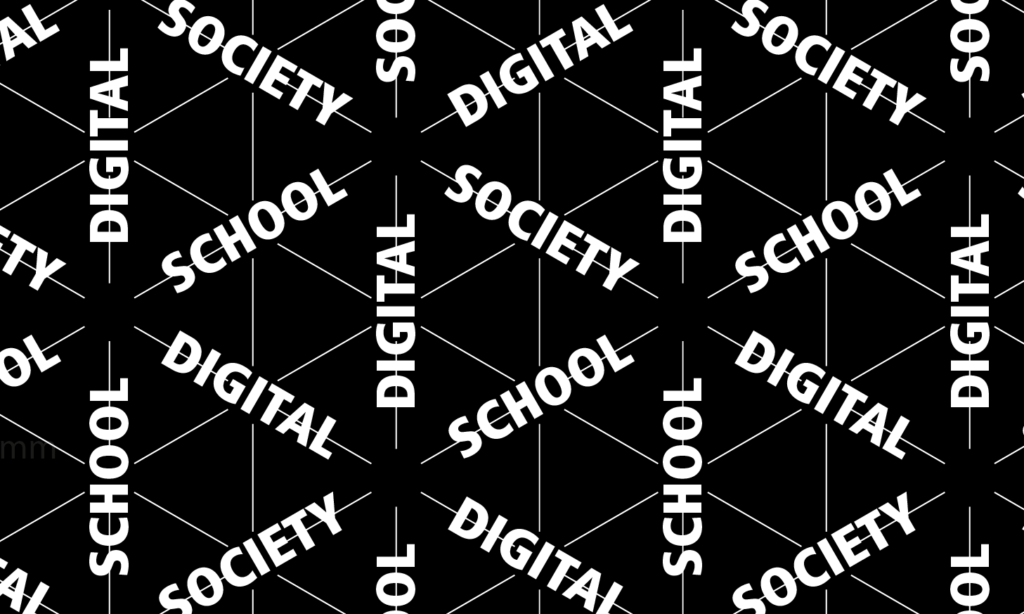
Project
Design Studio of the Future
-

Project
INNO-TEC-LAB: creating a network of innovation laboratories
-
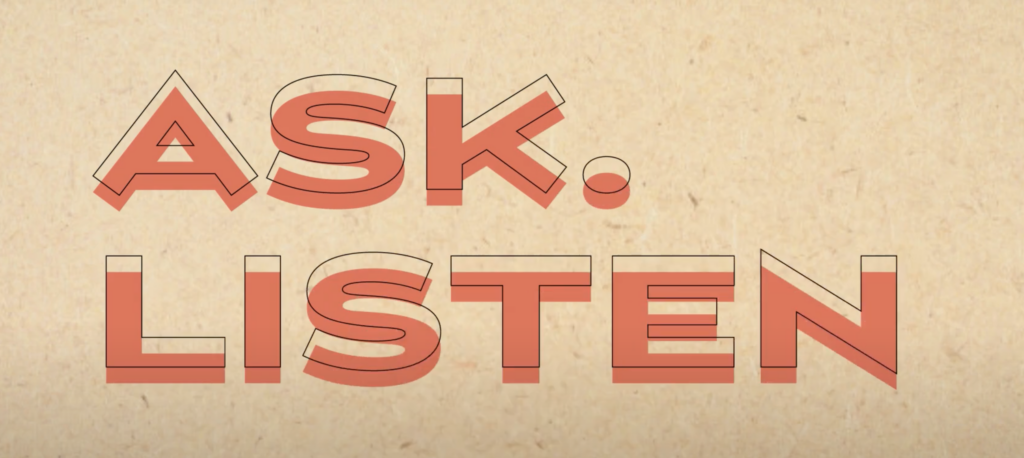
Project
Ask. Listen. – Designing conversations for better transitions in Dutch education
-
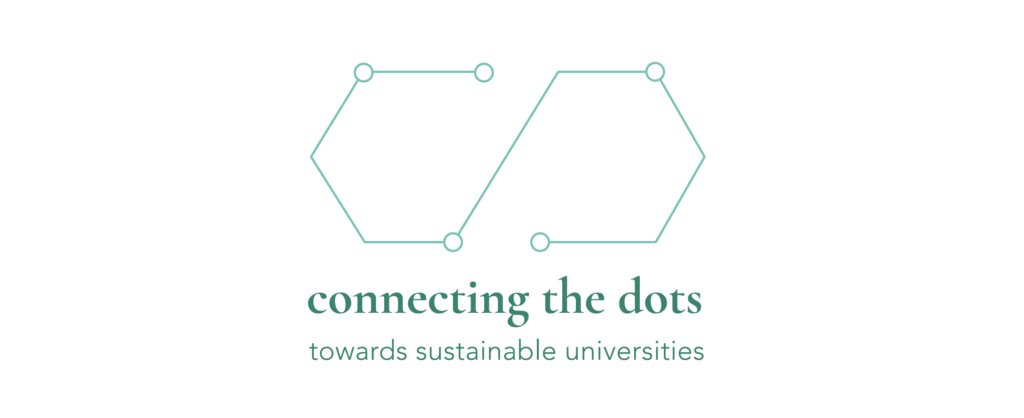
Project
Connecting the Dots: Towards Sustainable Universities
Other tracks
Data Driven Transformation
How can we ensure we marshal data in such a way as to benefit society? We explored the possibilities, considering subjects such as the energy transition, health and experience.
Digital to Physical
How does the blend of the digital and physical worlds change our society? In this track we explored topics such as smart spaces and objects, physical cybersecurity, inclusivity and the future of our digital/physical society.
EdTech for Social Change
The EdTech for Social Change track is a connective hub that opens space for partnerships, applied research and projects with industry stakeholders. Together we use technology to boost individual learning, corporate training, and to make learning accessible to vulnerable social groups.
Systems for Sharing
In this track we will work on technical, digital and social systems. We create proof of concepts, prototypes and do applied research to support ’systems for sharing’ in the light of the UN Sustainable Development Goals. We will also train organisations and professionals to adopt a different mindset and be able to stimulate a sharing culture within their work environment or community.
